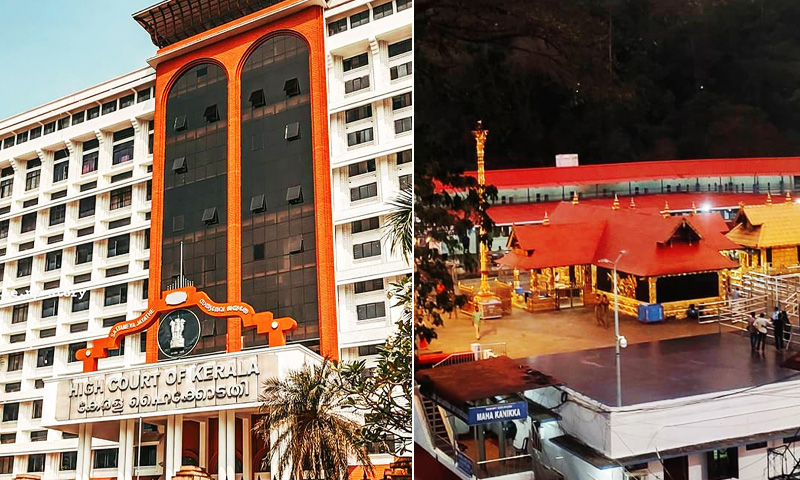"The State and the Kerala Police are being subjected to unnecessary criticism...A conscious effort is being made to malign the police," the Kerala Government today told the High Court while defending the Sabarimala Pilgrim Management System for virtual darshan queue.A Division Bench comprising Justice Anil K Narendran and Justice P.G Ajithkumar was hearing a PIL challenging the legality of...

